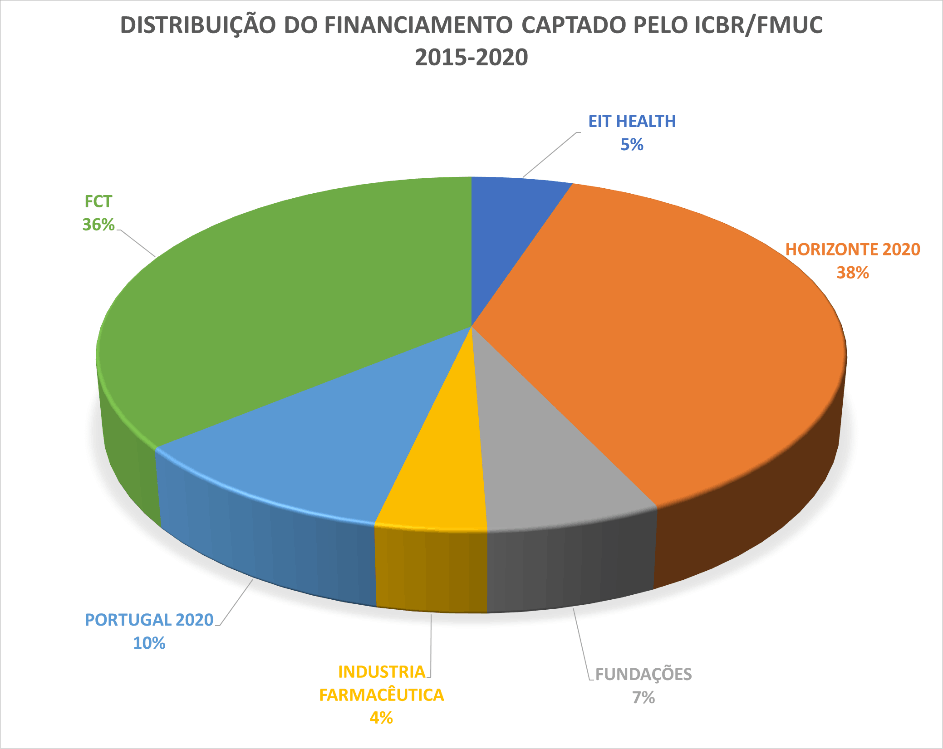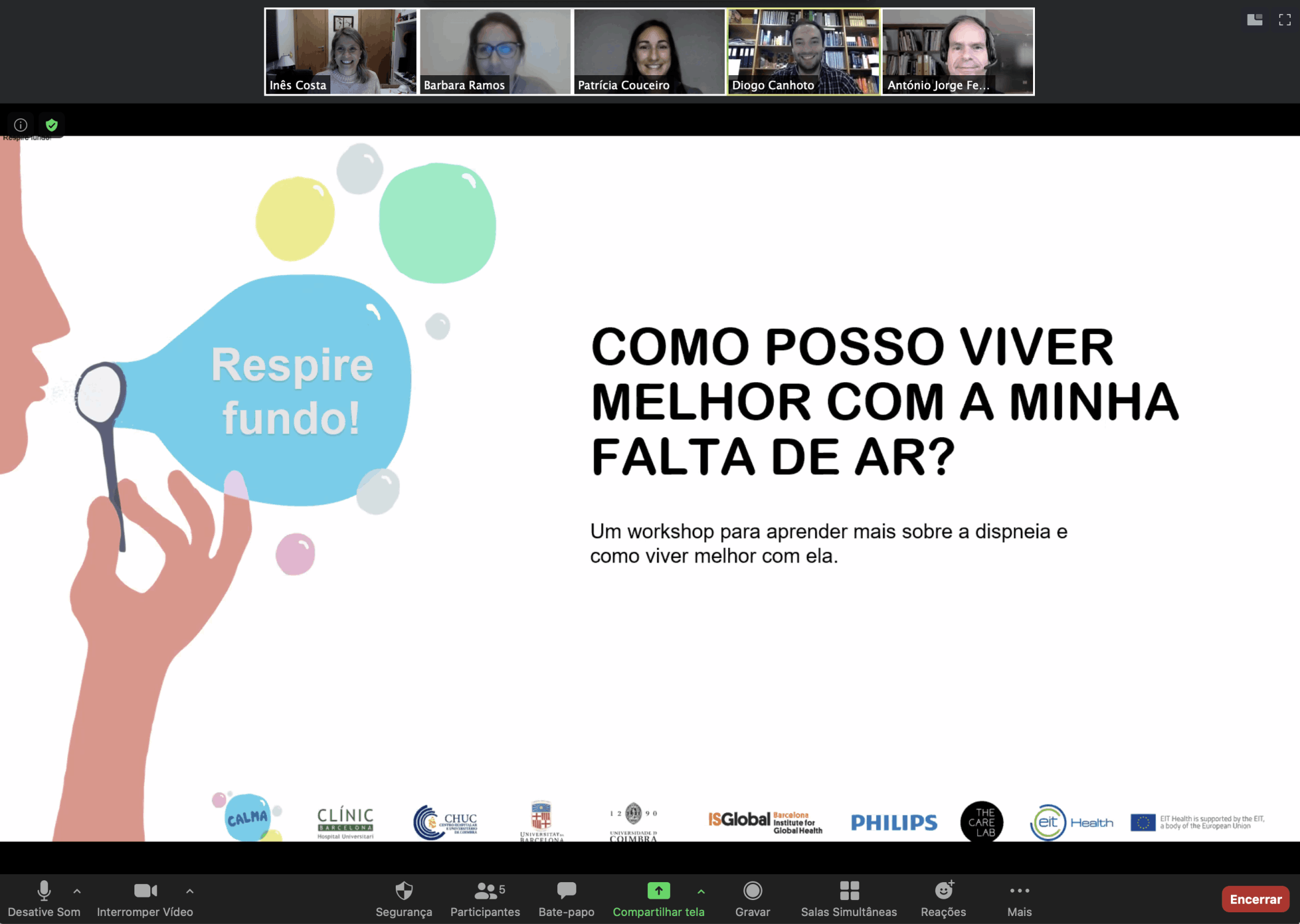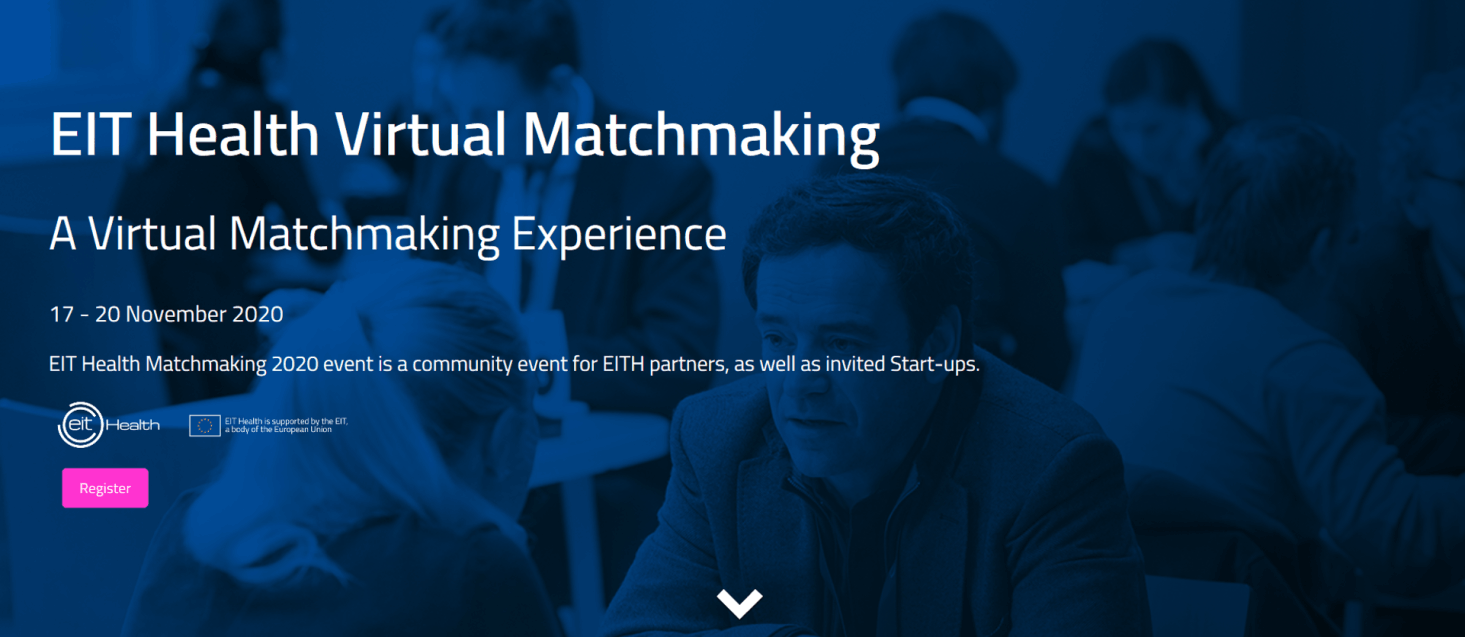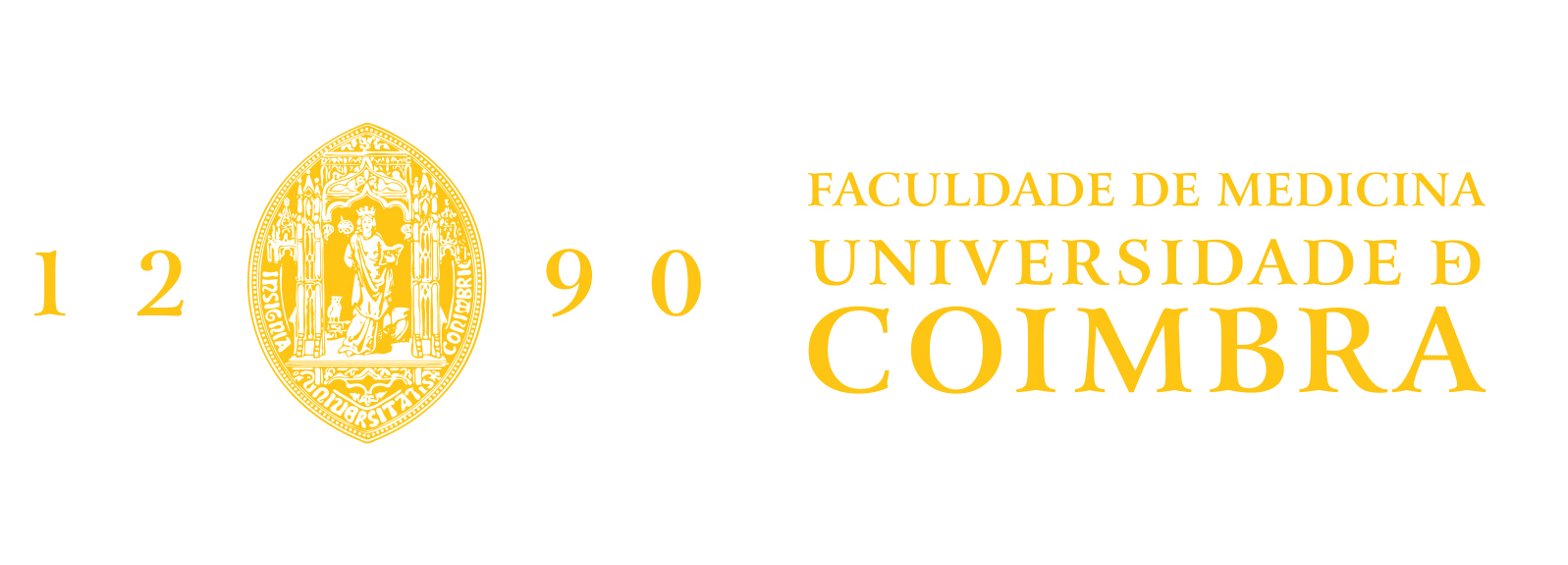1. US Department of Defense - Congressionally Directed Medical Research Programs (CDMRP) | Prostate Cancer Research Program (PCRP) |
The aim of the Prostate Cancer Research Program (PCRP) is to support research that will lead to the elimination of death from prostate cancer and enhance the well-being of Service members, Veterans, and all men experiencing the impact of the disease. The CDMRP PCRP Physician Research Award supports a mentored research experience to prepare physicians with clinical duties and/or responsibilities for productive careers in prostate cancer research.
All organizations, including international organizations, are eligible to apply. At the time of application submission, the Principal Investigator (PI) must be either: In the last year of an accredited graduate medical education programme, either as a resident or fellow or Within five years of having initiated a faculty appointment (including Instructor positions).
All applications for PCRP funding are required to address one or more of the PCRP Overarching
Challenges:
• Develop treatments that improve outcomes for men with lethal prostate cancer.
• Improve the quality of life for survivors of prostate cancer.
• Reduce lethal prostate cancer in people of African descent, Veterans, and high-risk and underserved populations.
• Define the biology of lethal prostate cancer to reduce death: applications must be directly relevant to lethal prostate cancer. Applications should not focus on topics such as differentiation between low risk and intermediate risk prostate cancer.
The maximum funding is $750,000 for direct costs (plus indirect costs). The maximum duration is four years.
Further information available at:
https://cdmrp.army.mil/pcrp/default



